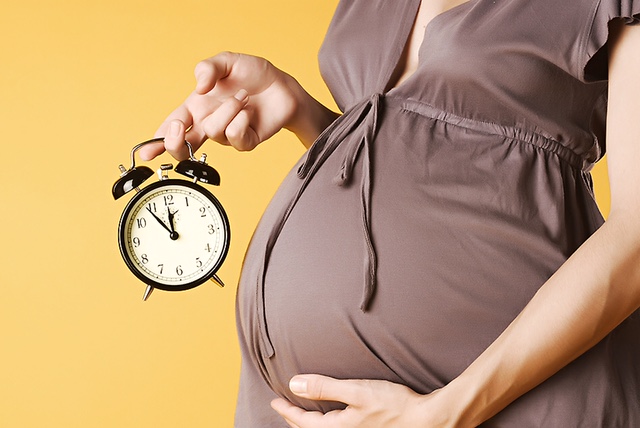- Several factors can affect fertility, including the age of the woman, hormone levels, and being over or underweight.
Fertility is an essential factor when trying to conceive a child, and according to medical experts, it needs to be carefully evaluated to achieve the best results. Fertility is the ability to have an offspring naturally. Several factors can affect fertility, including a woman's age, hormone levels, and being over or underweight.
According to Dr. Wanjiru Ndengwa Njuguna, once a woman begins menstruating, she becomes capable of conception and pregnancy. However, she emphasizes that a woman's most fertile period is between her 20s and 30s. During this age range, women should actively try to conceive, unlike men, who retain their fertility even into old age.
"Men are fertile from puberty, and their fertility has a longer lifespan. They can be fertile even up to their 80s," she said.
Dr. Wanjiru has explained the aging process of the female reproductive system, noting that women waste a significant number of eggs each month during menstruation.
"We may ovulate one egg, but our system is actually having maybe 20, 30, or even up to 100 eggs being wasted every single month. You are born with probably 4 million eggs, but by the time you reach puberty, you have only a million eggs, and these gradually decrease with age."
Dr. Wanjiru underscores the importance of women considering pregnancy during their early ages, citing the problems they may encounter if they decide to delay.
"For women, after the age of 43, we really have problems conceiving, and so 10 years before the menopausal period, which is around the age of 50 to 52 according to Kenyan statistics, women's egg quality starts dropping, and thus trying to get pregnant becomes harder and harder from the age of 42, 43 onwards."
When women reach menopause, their hormone levels are no longer suitable for ovulation and natural pregnancy. However, there is still a chance for pregnancy through in vitro fertilization (IVF).
Aside from the age factor, Dr. Wanjiru has also cited blocked fallopian tubes as a common cause of infertility among women. Certain diseases, such as Polycystic Ovarian Syndrome, can also contribute to fertility issues by disrupting the balance of hormones and ovulation.










